Managing household expenses often means keeping an eye on energy consumption, especially with certain appliances that can drive up your electricity bill. From heating and cooling systems to everyday gadgets, here are 22 electricity-hungry appliances and systems in your home that might be costing you more money than you realize.
1. HVAC Systems
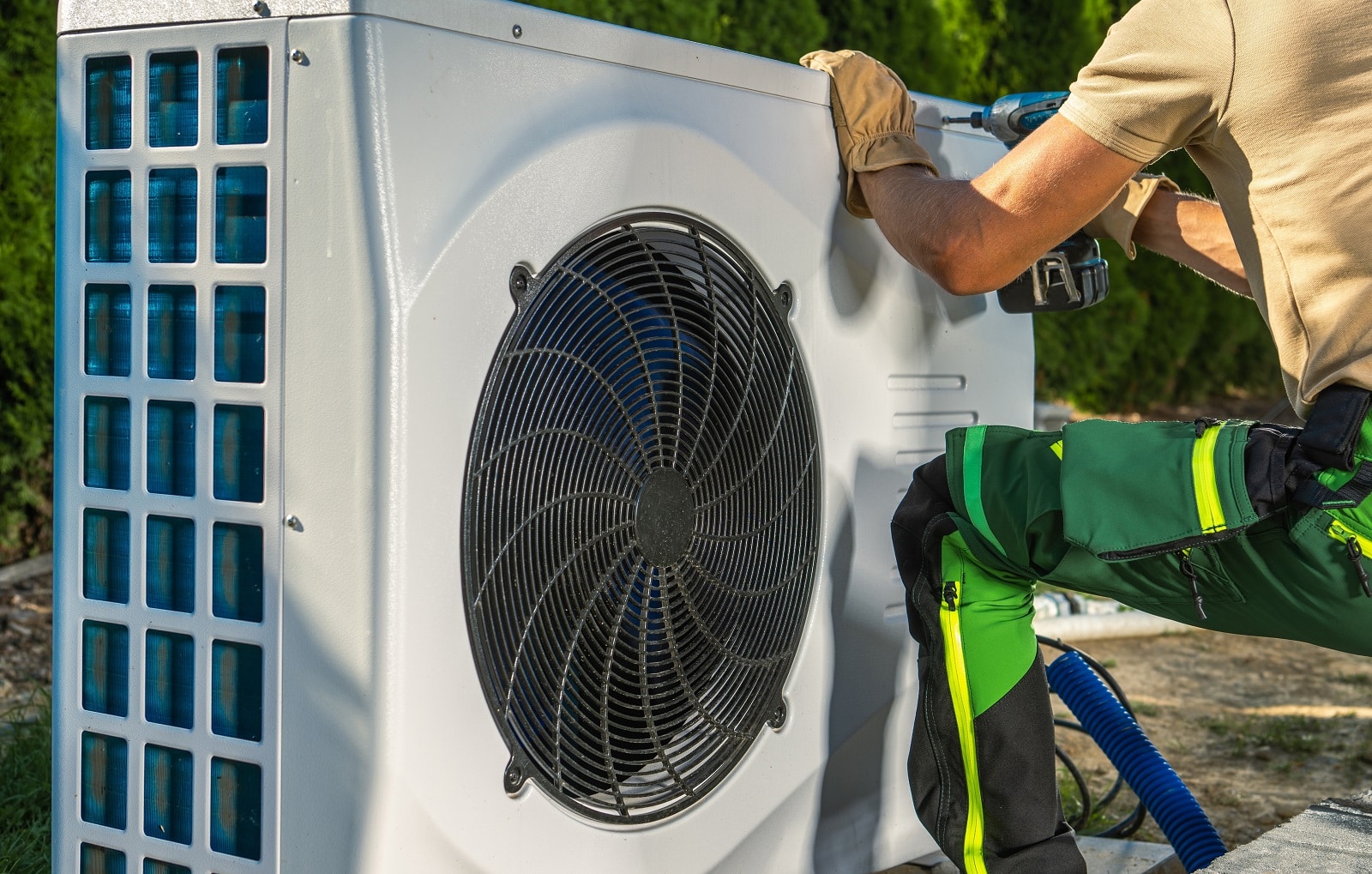
Heating, Ventilation, and Air Conditioning (HVAC) systems are the backbone of household comfort but can be the largest energy consumers, especially in extreme weather.
2. Water Heaters

Whether it’s for showers, dishes, or laundry, water heaters work around the clock, making them significant contributors to your energy bill.
3. Refrigerators and Freezers

These are always running to keep your food fresh or frozen, leading to substantial electricity use, especially older models that lack energy efficiency.
4. Clothes Dryers

Electric clothes dryers are convenient but consume a lot of power. Consider air-drying clothes to cut down on usage.
5. Electric Ovens and Stovetops

Cooking with electric ovens and stovetops can use a lot of energy, especially during baking or long cooking sessions.
6. Dishwashers

Though they save water compared to hand washing, dishwashers can be energy-intensive, especially if used frequently or on high-temperature settings.
7. Space Heaters
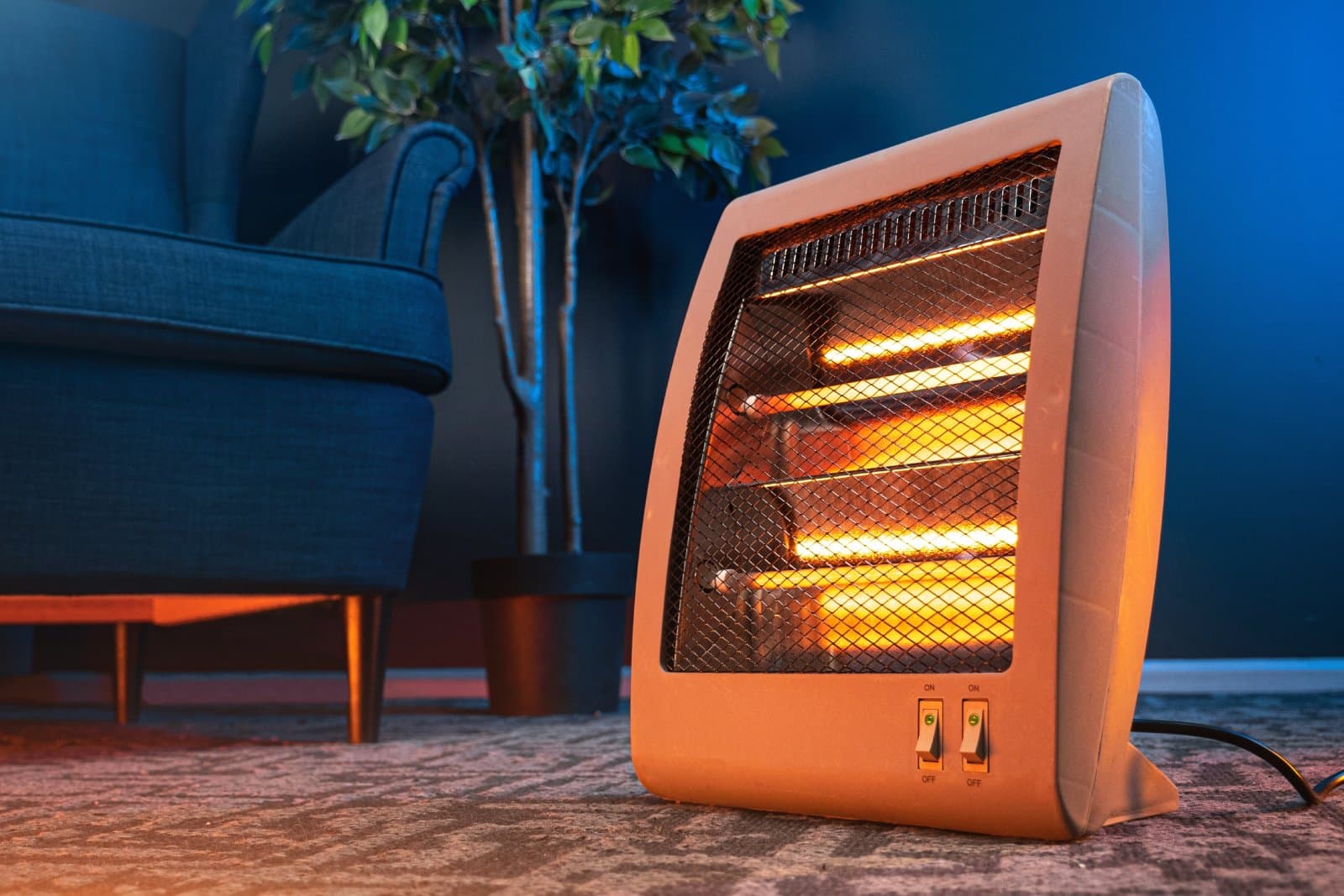
Portable heaters can quickly warm up a room but are notoriously energy-hungry, especially if they’re used as a primary heat source.
8. Dehumidifiers

In humid climates, dehumidifiers help make homes more comfortable but at the cost of high energy usage.
9. Air Purifiers

Essential for allergy sufferers, air purifiers run continuously to clean the air, which can add up in electricity costs.
10. Hot Tubs and Pools

Heating a hot tub or a pool requires a significant amount of energy, not to mention the additional power for filtering and maintenance operations.
11. Lighting

Incandescent and halogen light bulbs are less efficient than LED options, consuming more electricity for the same level of brightness.
12. Televisions

Larger and older TVs, especially plasma screens, can consume a lot of electricity, even in standby mode.
13. Desktop Computers

Desktop PCs, especially high-performance models, use more electricity than laptops and can significantly add to your bill if left on constantly.
14. Gaming Consoles

Modern gaming consoles are powerful devices that, when used frequently, can draw a considerable amount of power.
15. Washing Machines

Using hot water in washing machines increases energy consumption significantly compared to cold-water cycles.
16. Coffee Makers

Electric coffee makers, especially those that keep coffee warm for hours, can be surprisingly energy-intensive over time.
17. Microwave Ovens
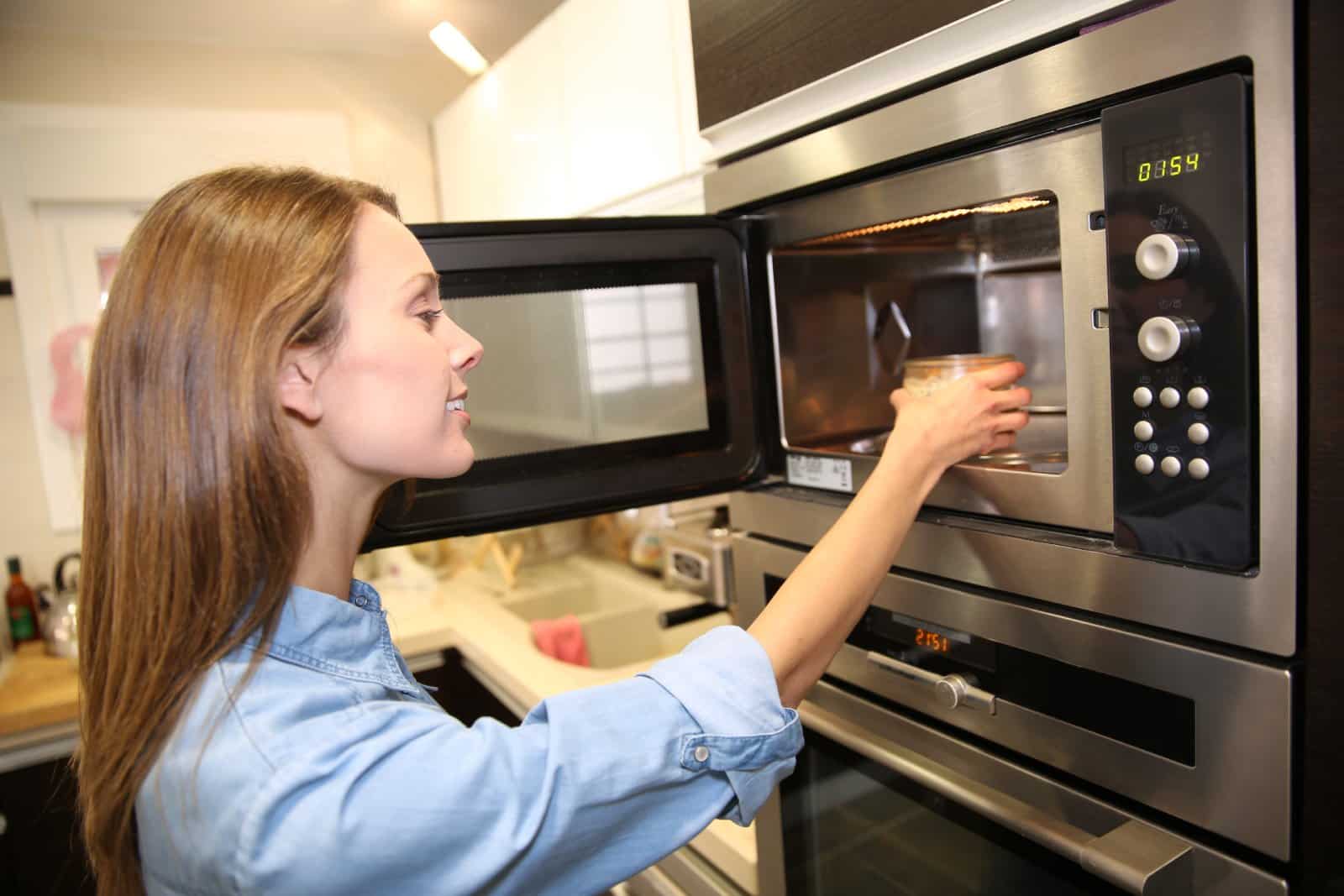
Though they use less energy than conventional ovens for cooking, microwaves still consume a fair amount of electricity, especially with frequent use.
18. Hair Dryers

High wattage hair dryers are a significant but often overlooked energy user in many households.
19. Electric Kettles
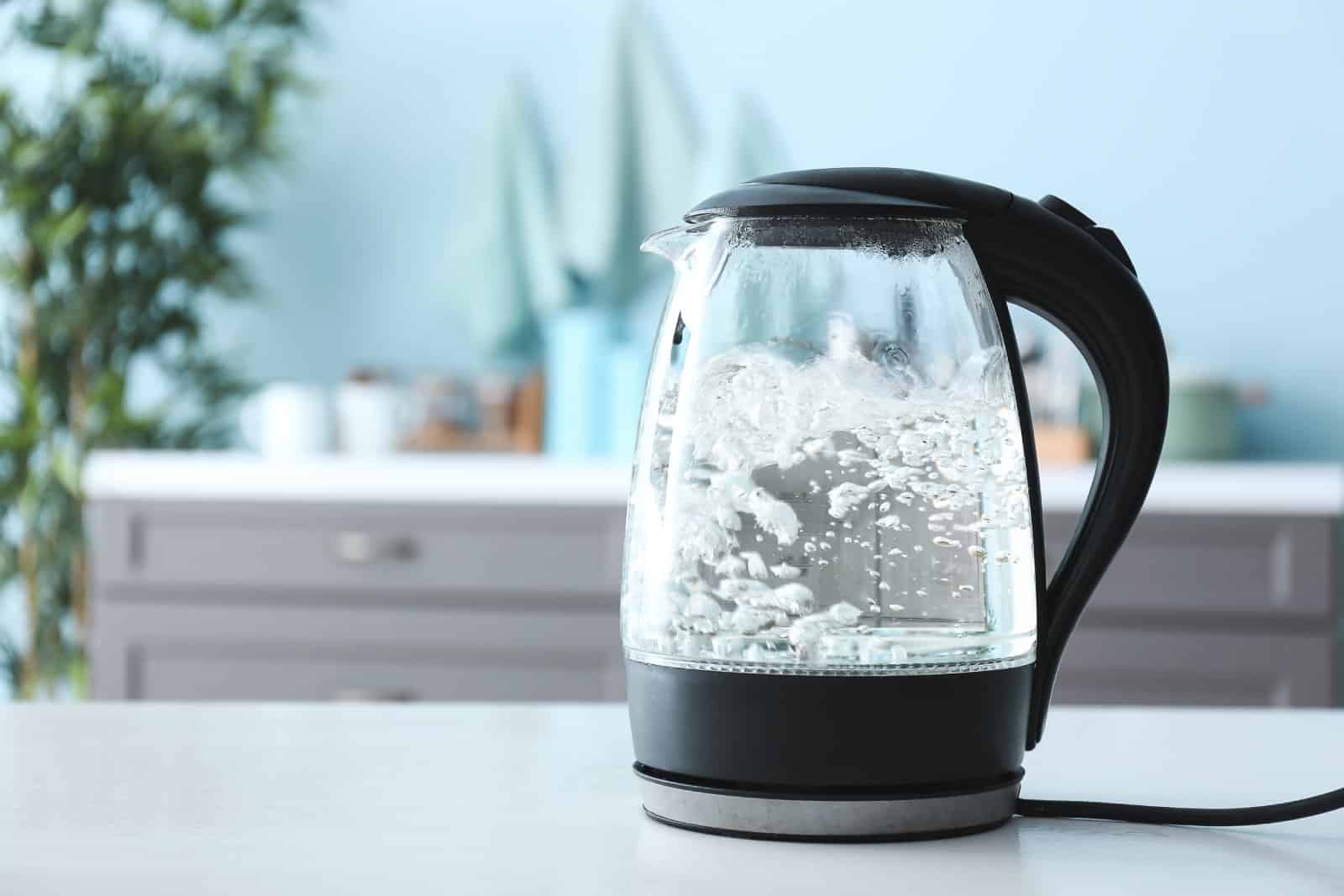
Heating water quickly and conveniently, electric kettles draw a lot of power, especially when used multiple times a day.
20. Vacuum Cleaners
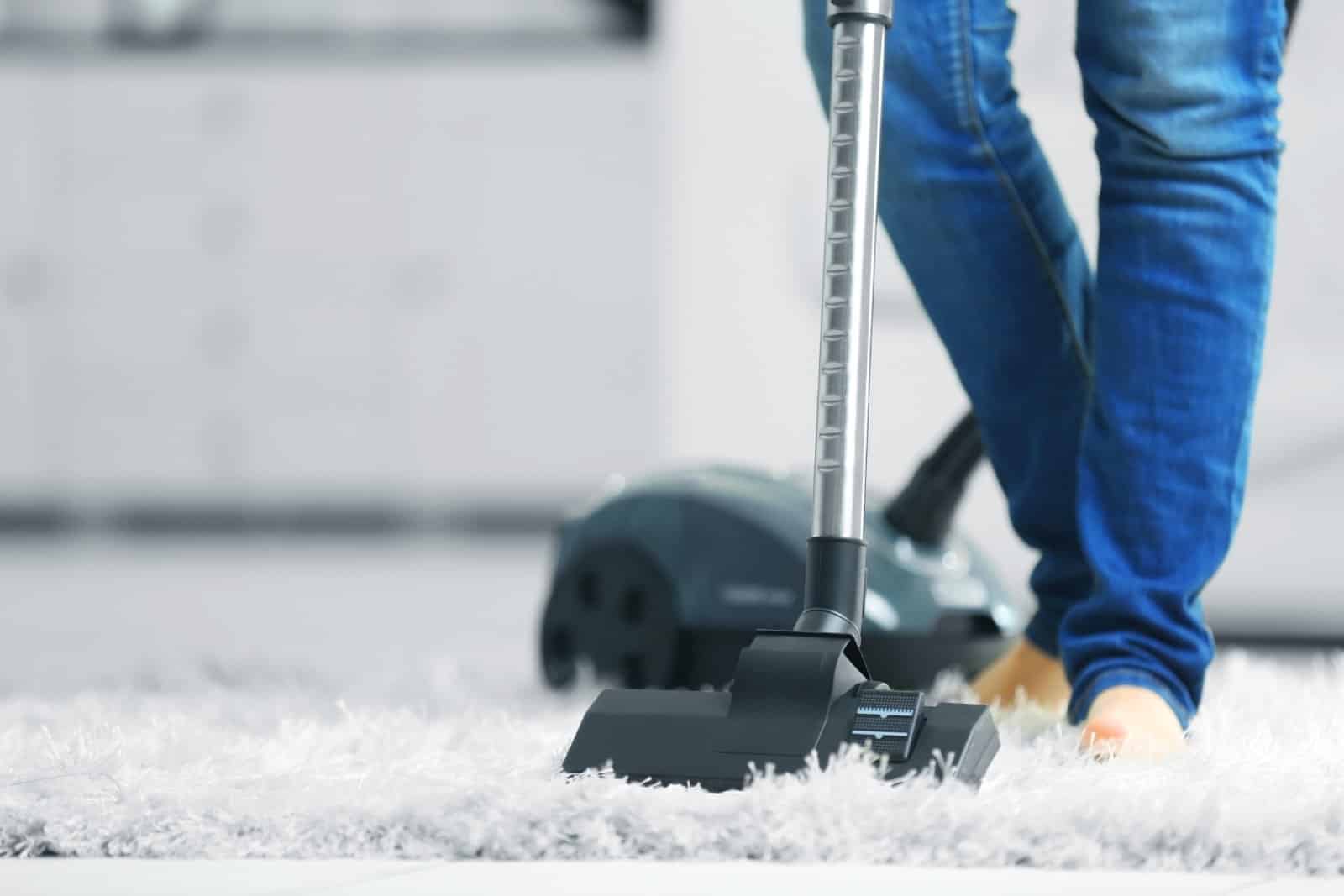
Powerful vacuum cleaners help keep your home clean but can use a significant amount of electricity, especially during extended cleaning sessions.
21. Bread Makers and Other Small Kitchen Appliances

Small kitchen appliances like bread makers, slow cookers, and electric grills add convenience but also contribute to your home’s overall energy consumption.
22. Home Entertainment Systems
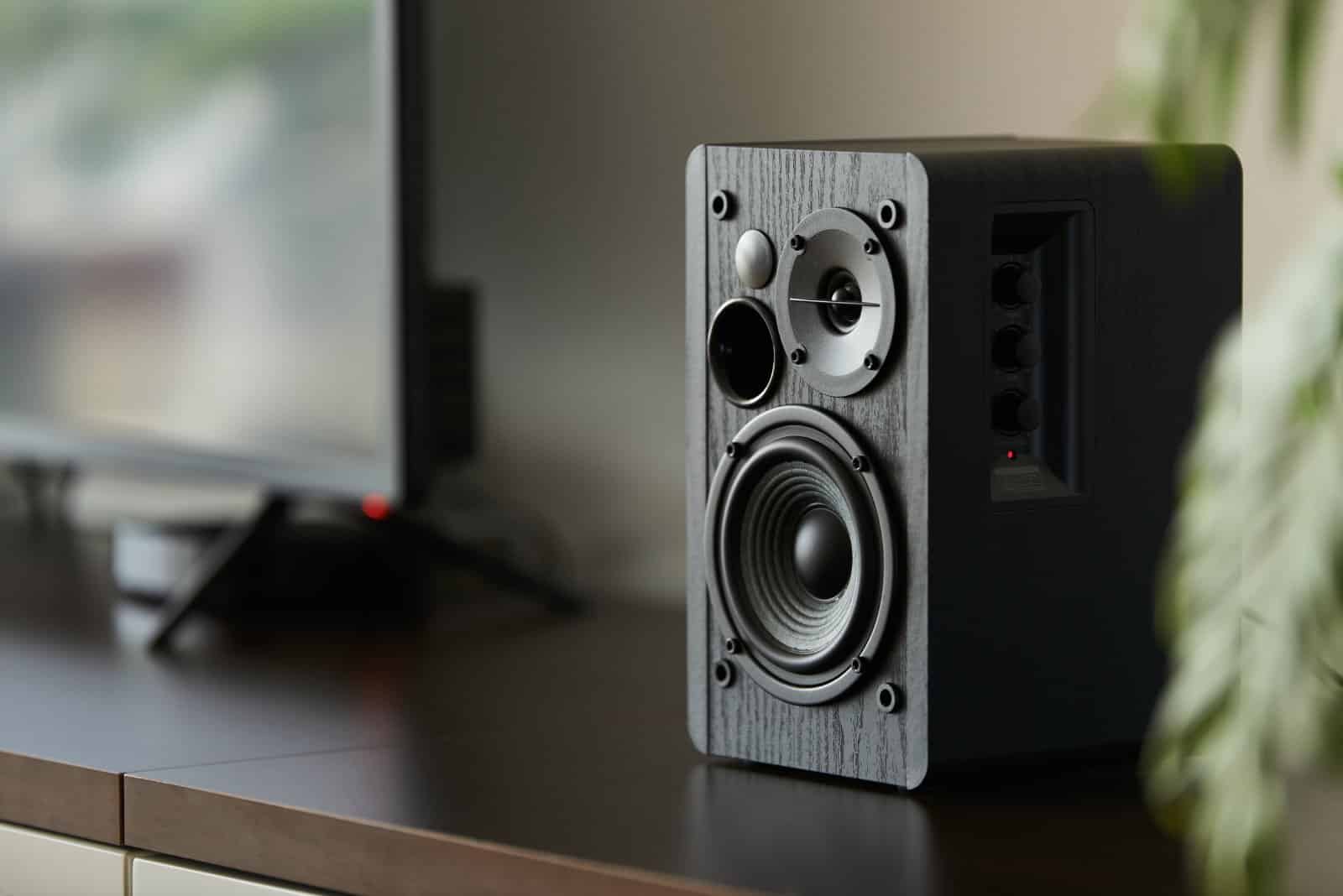
Sound systems, DVRs, and other components of a home entertainment system can consume a lot of electricity, especially when left on standby mode.
Save Today

To save on your electricity bill, consider upgrading to energy-efficient models, unplugging devices when not in use, and adjusting your habits to use these appliances more sparingly. Small changes can lead to significant savings over time, making your home more energy-efficient and eco-friendly.
Featured Image Credit: Shutterstock / Friends Stock.
The content of this article is for informational purposes only and does not constitute or replace professional financial advice.
The images used are for illustrative purposes only and may not represent the actual people or places mentioned in the article.
For transparency, this content was partly developed with AI assistance and carefully curated by an experienced editor to be informative and ensure accuracy.
